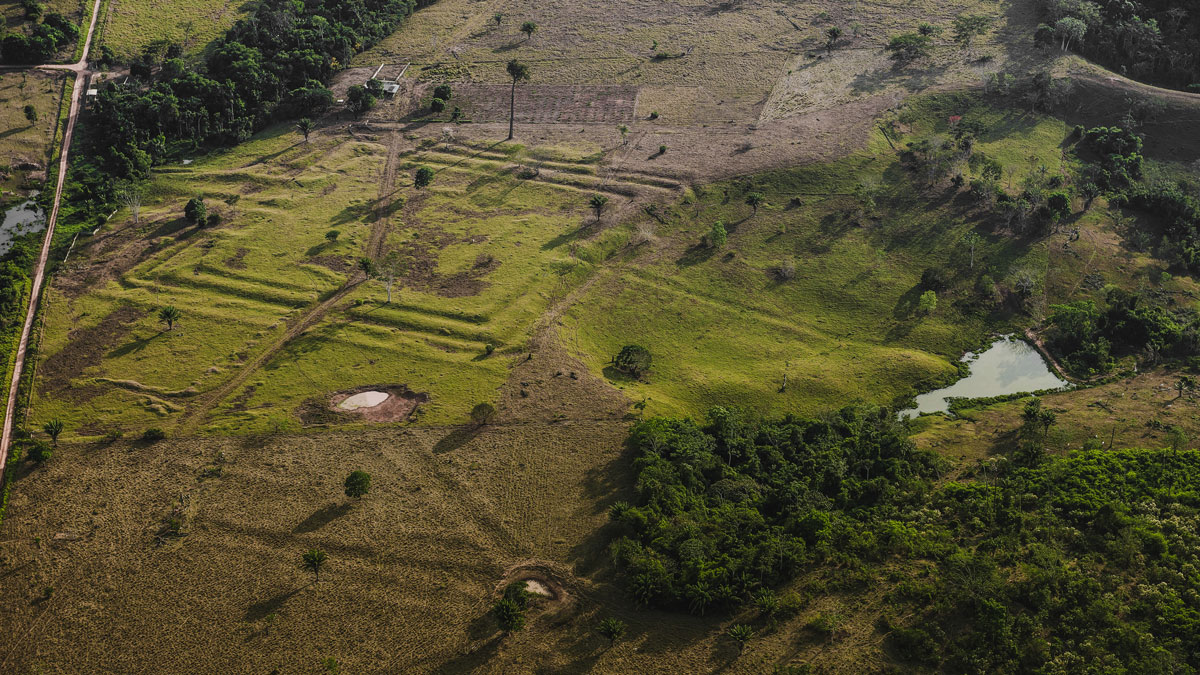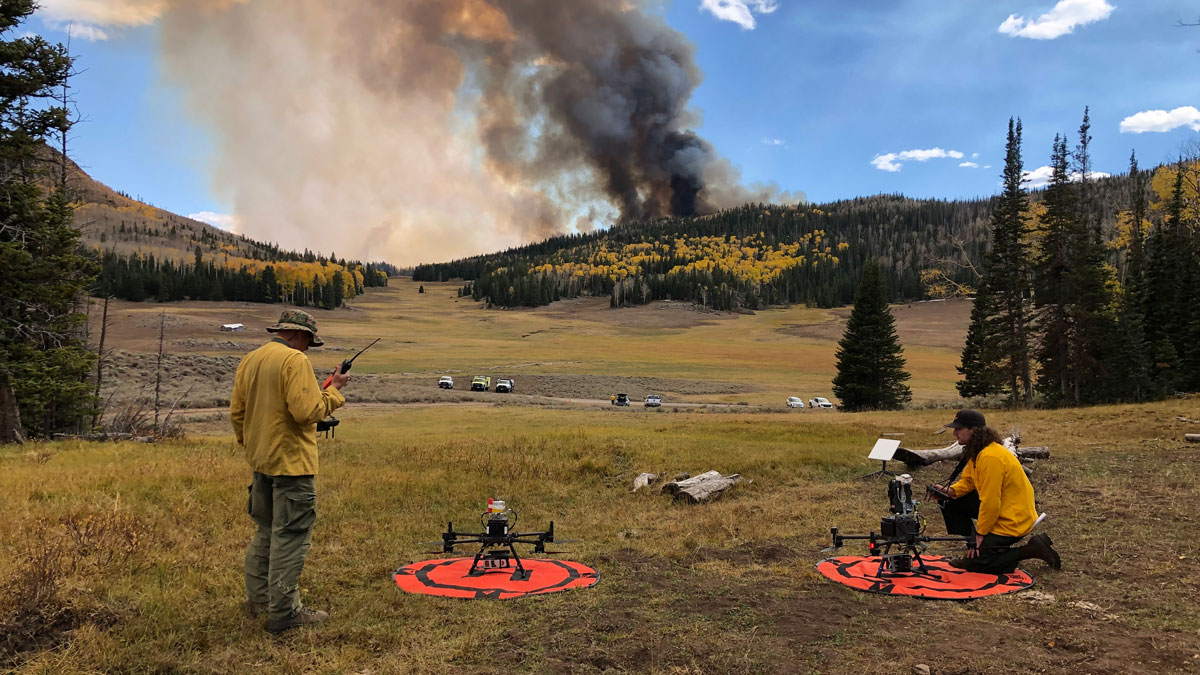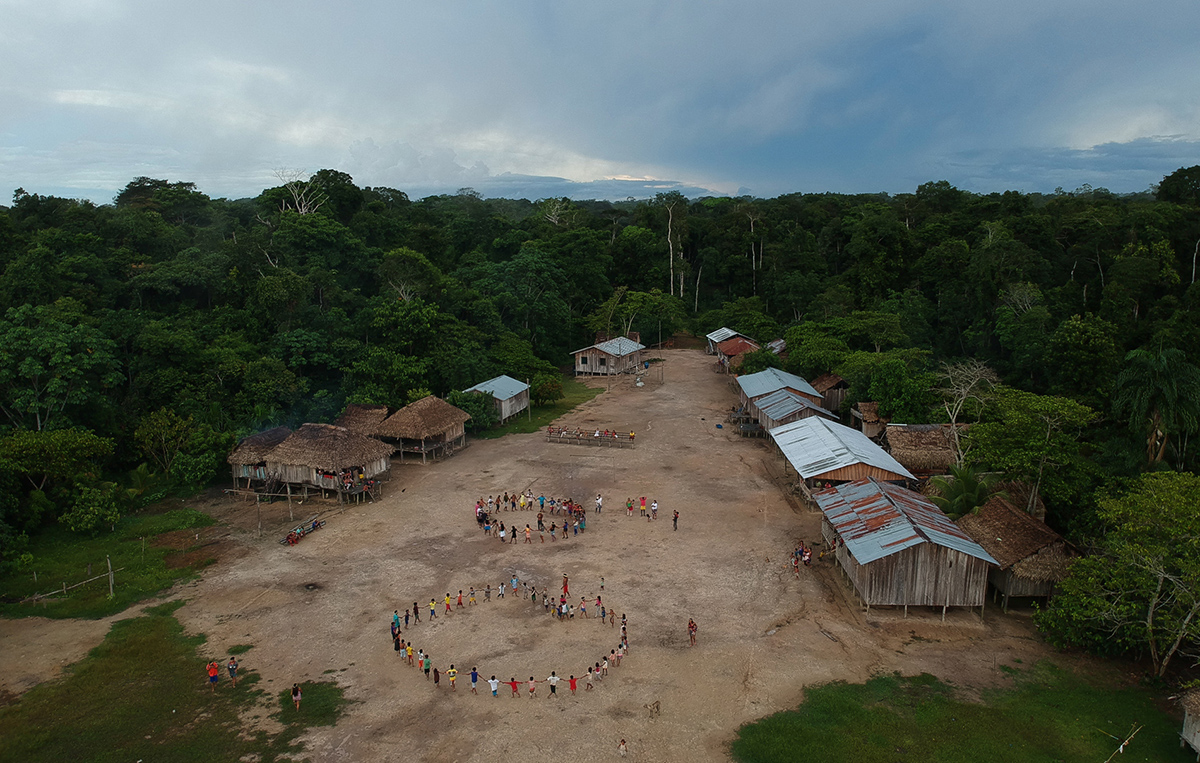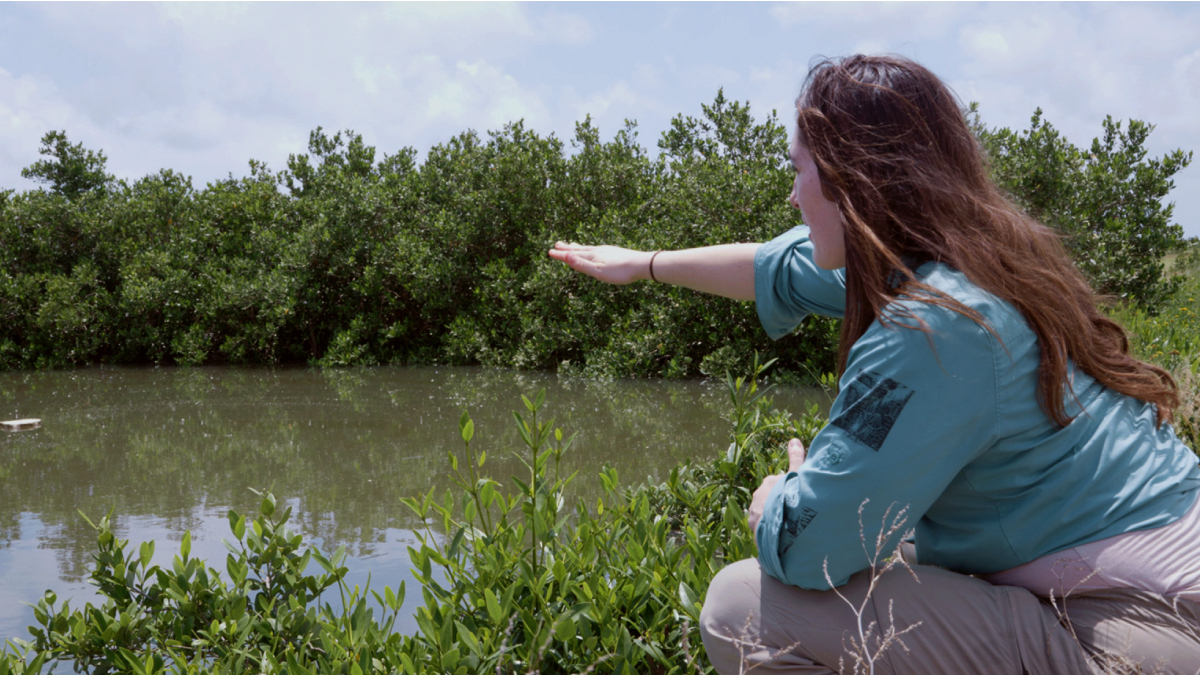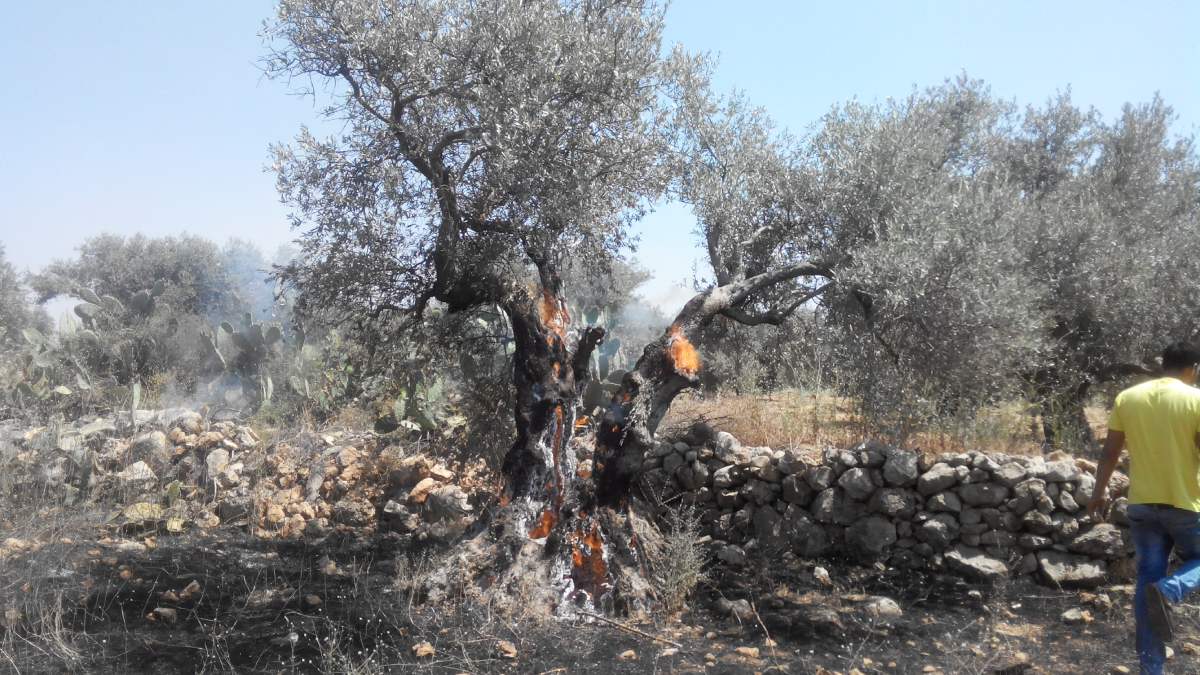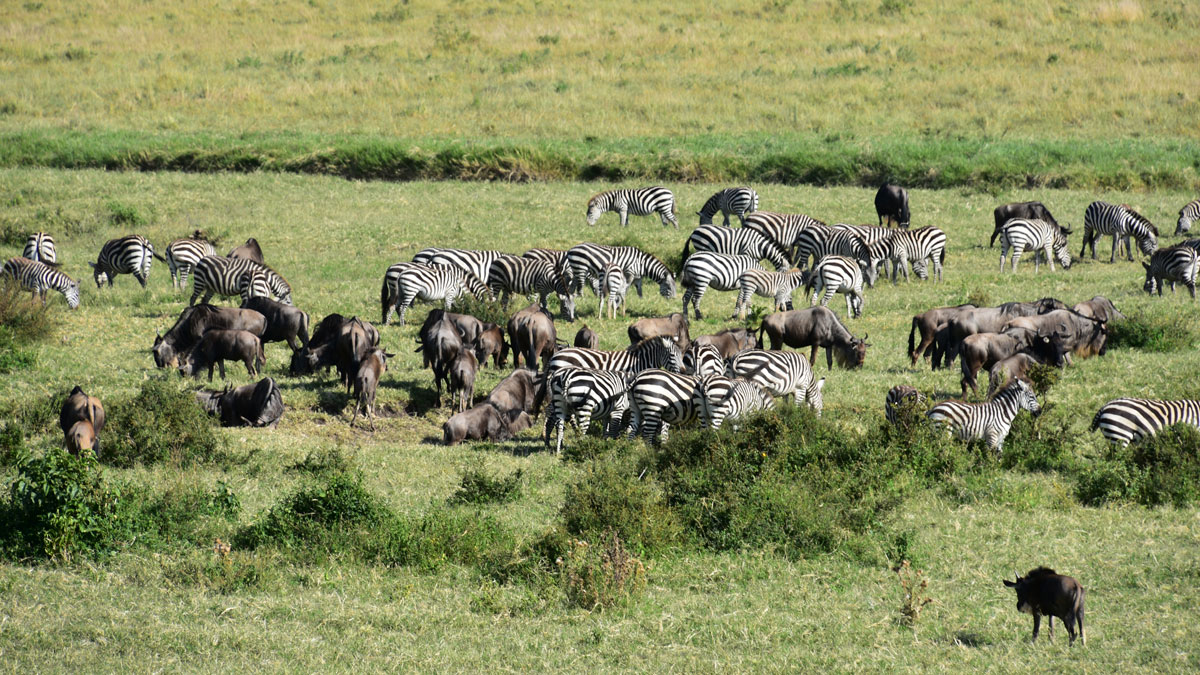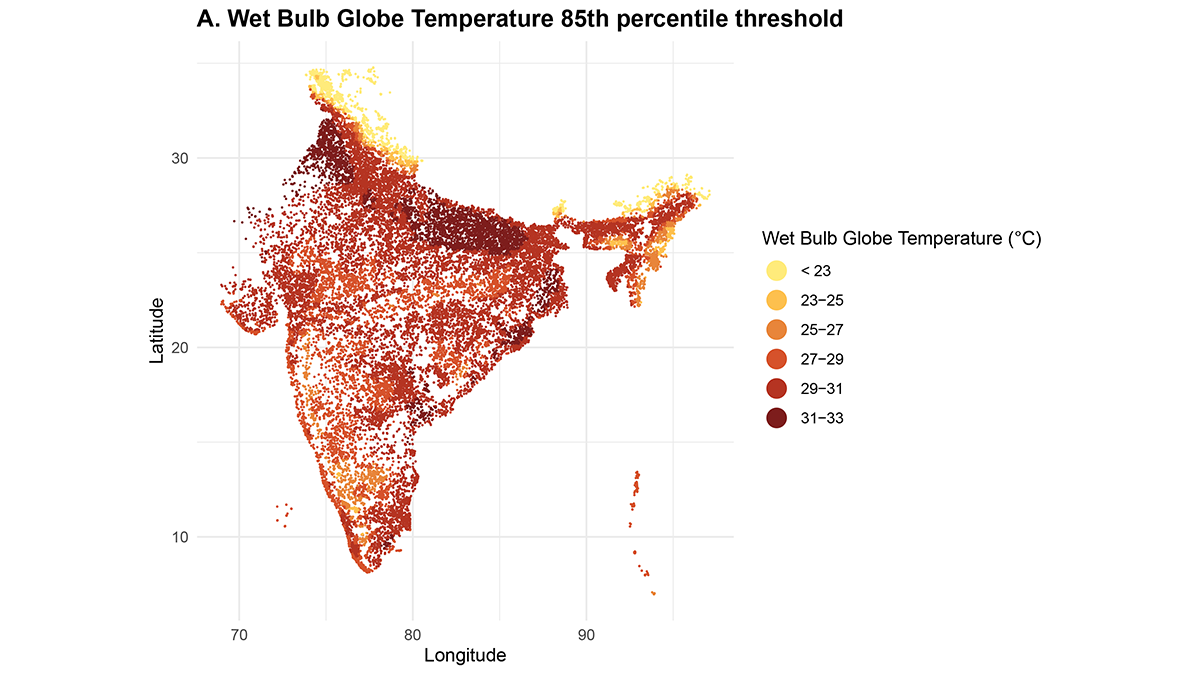Portions of the forest managed by pre-Columbian populations hold higher biomass and are more able to withstand climate change.
Health & Ecosystems
Fungal Spores in Wildfire Smoke Could Cause Lung Disease
Mice exposed to fungi spready by wildfires developed symptoms, exposing a potential health hazard to humans that has been understudied.
Fire Encroaches on One of the Amazon’s Most Pristine Indigenous Lands
New research shows how recurring wildfires in the buffer zones around Brazil’s Vale do Javari may undermine one of the Amazon’s last great refuges for isolated Indigenous peoples.
City Dwellers Face Unequal Heat Exposure En Route to the Metro
Socioeconomic factors drive how much extreme heat public transit users in Chicago, NYC, and Washington, D.C., experience as they walk to and from metro stations.
Glass Sand Grows Healthy Mangroves
In places with lots of glass waste, sand made from recycled material could be another tool in the coastal restoration toolbox.
California Schools Are Feeling the Heat
Even though trees help keep children safe from the Sun, some school districts have lost 25% of their tree canopy in just 4 years.
Watershed Sustainability Project Centers Place-Based Research
A community science project supports an innovative watershed management plan.
98% of Gaza’s Tree Cropland Destroyed by Israel
Maps based on remote sensing analysis could inform remediation efforts by identifying whether agricultural lands were damaged by bombs, debris, or forced displacement of its caretakers.
Tracing Fire, Rain, and Herbivores in the Serengeti
Increasing amounts of rain fuel grass growth across the ecosystem and, consequently, the cycles of wildfire and animal migration.
Heatwaves Increase Home Births in India
Heatwaves in India are associated with increased home births, with differential susceptibilities across regions and populations, threatening maternal and newborn health.

